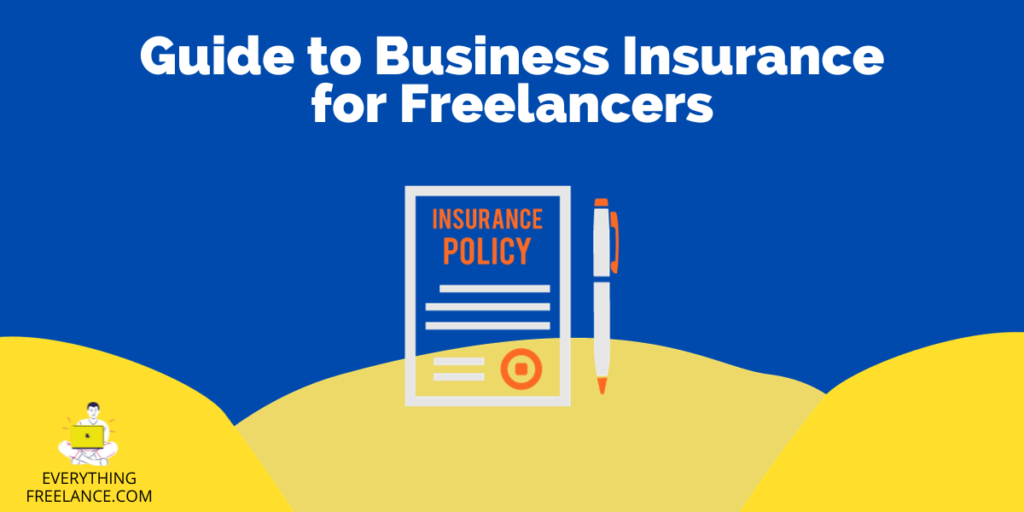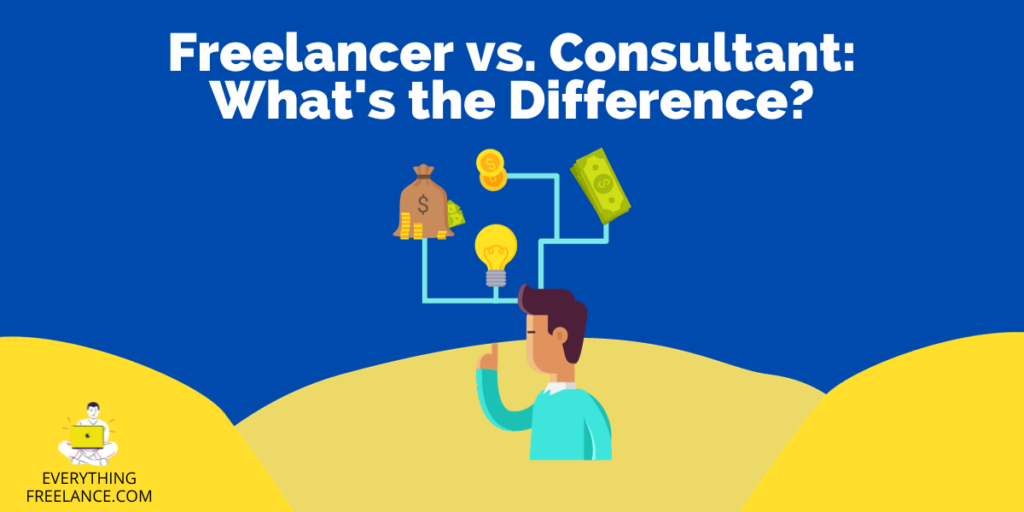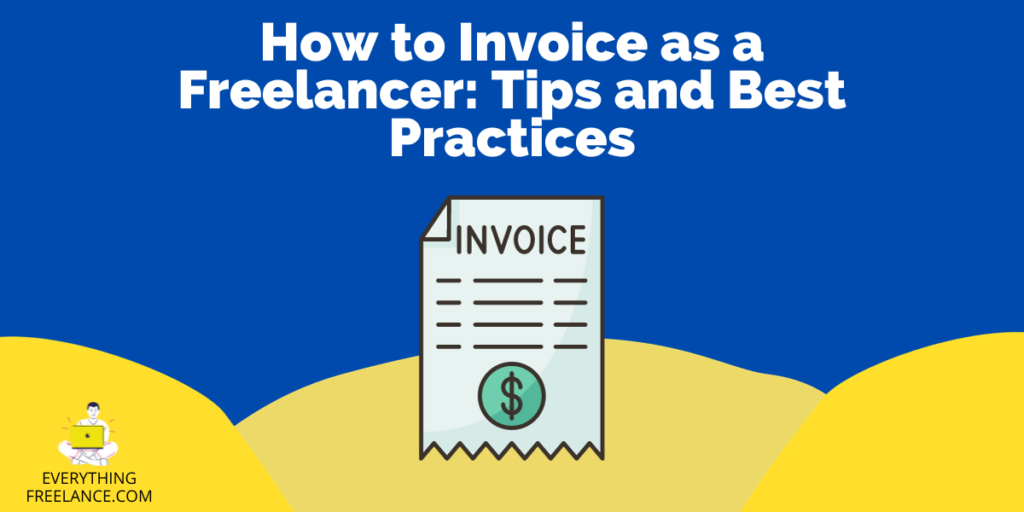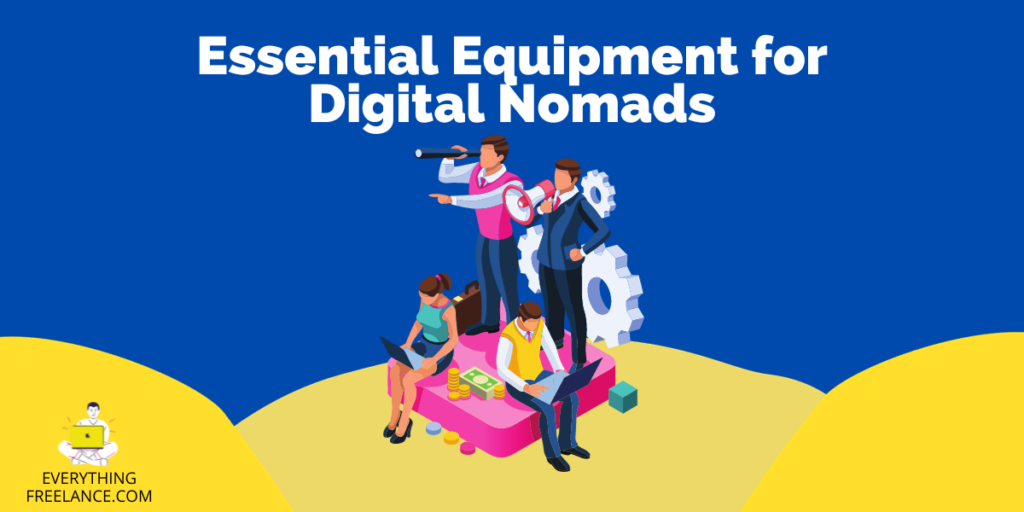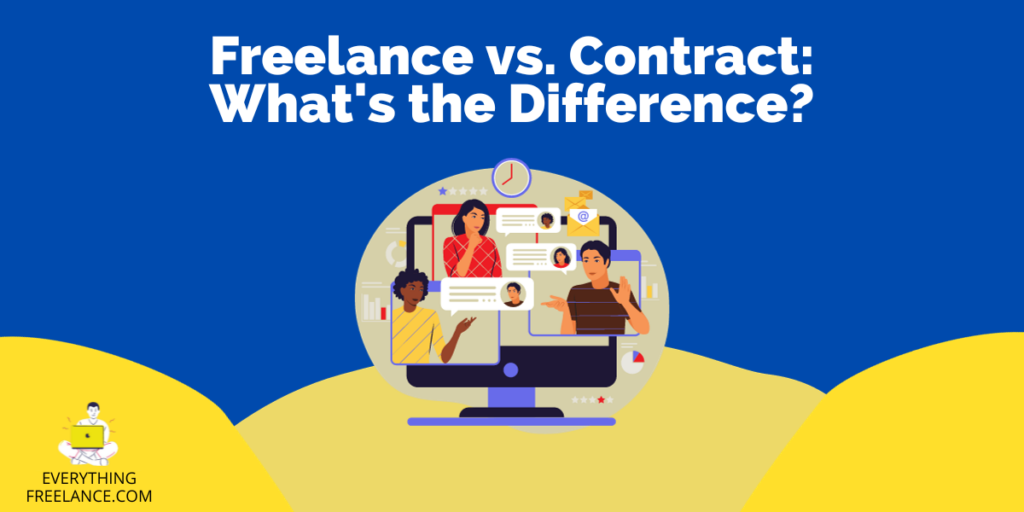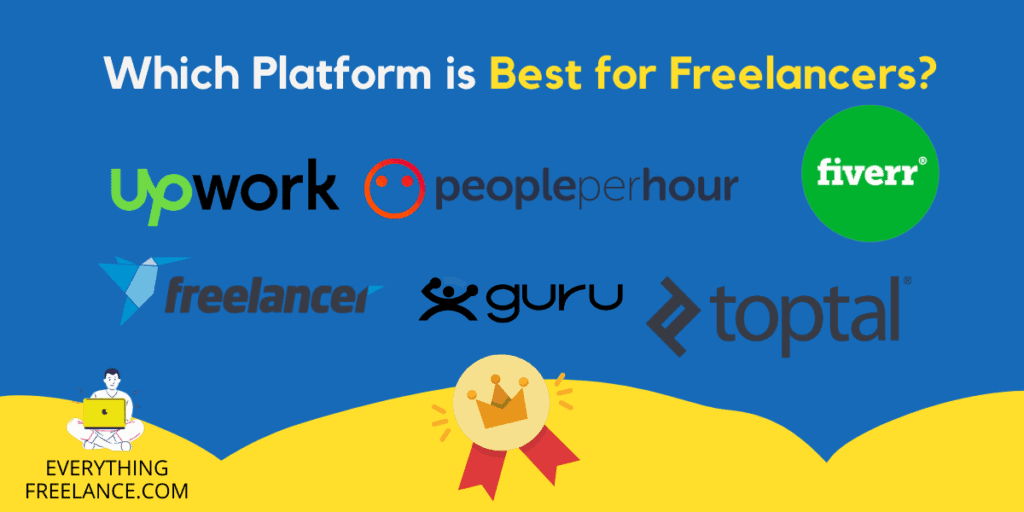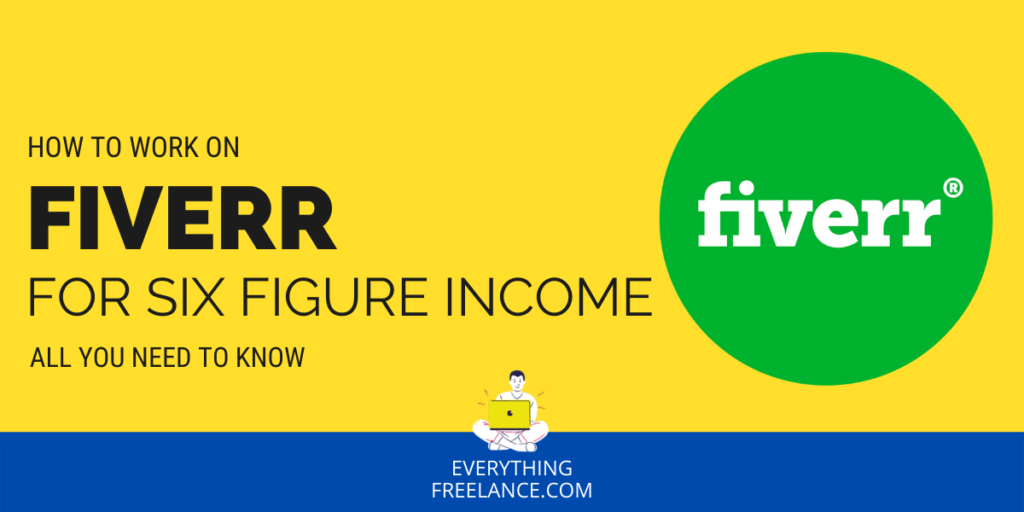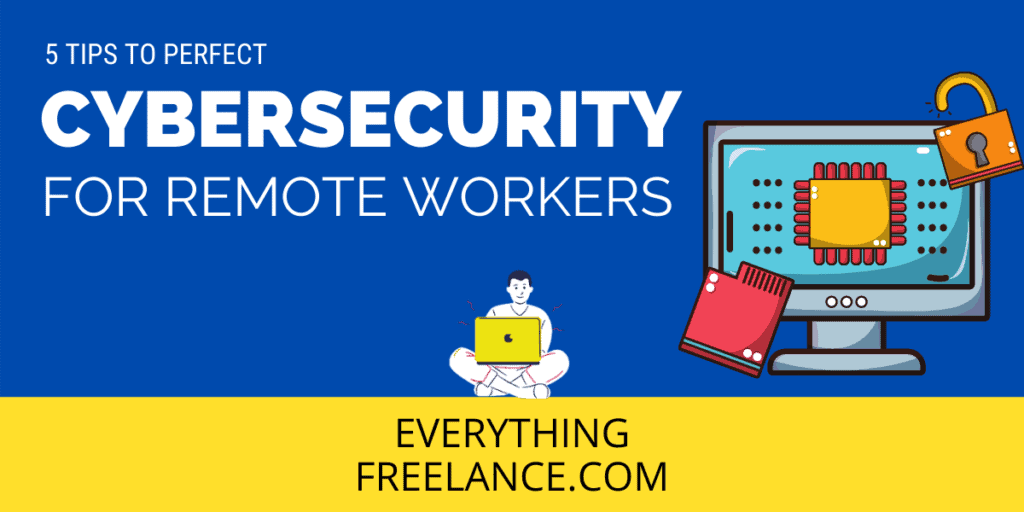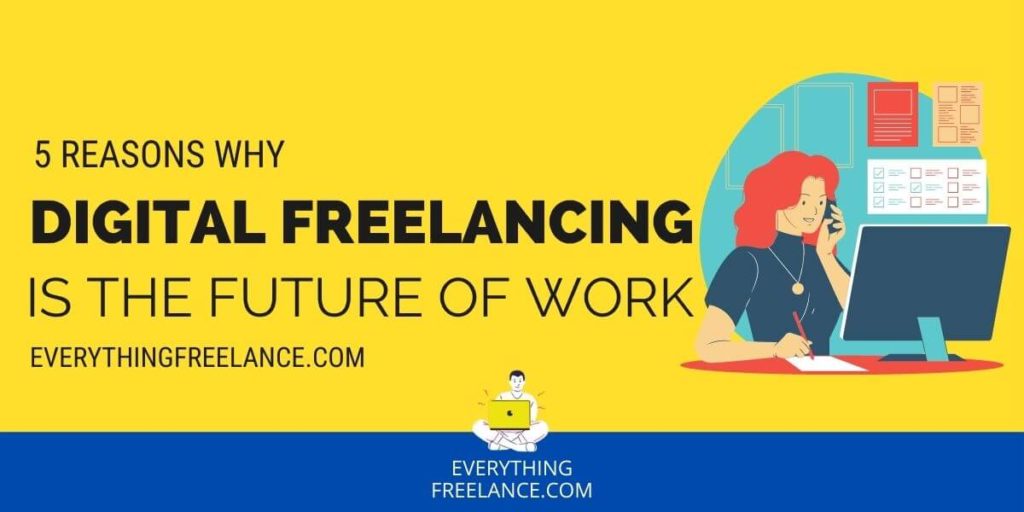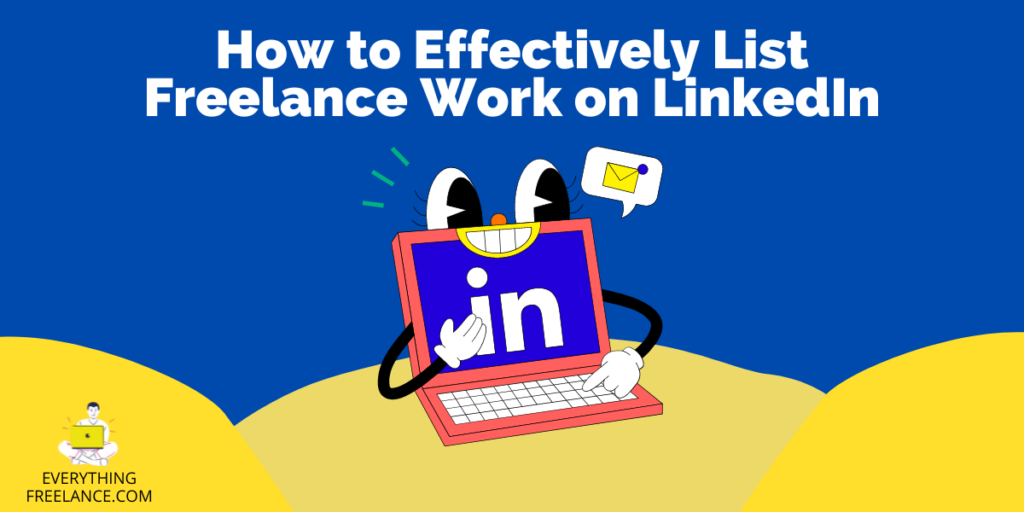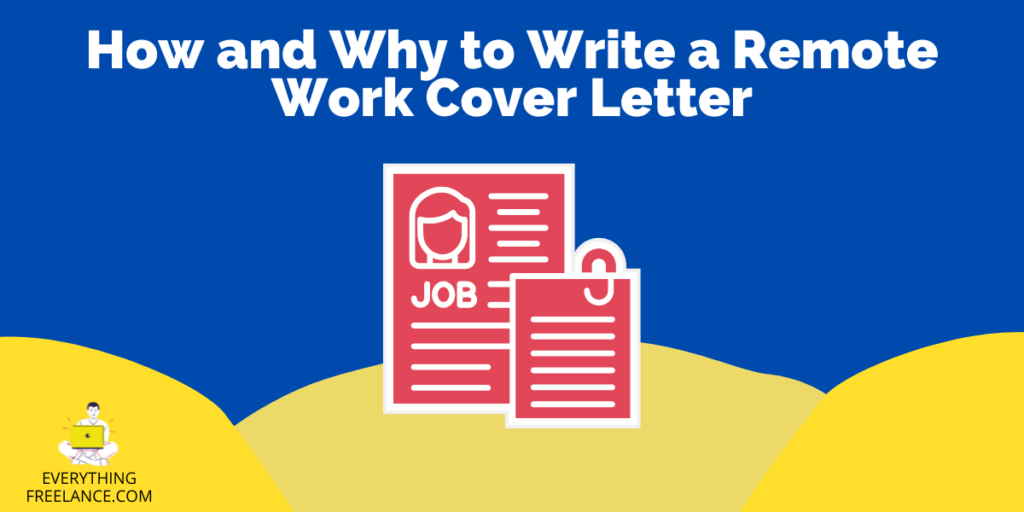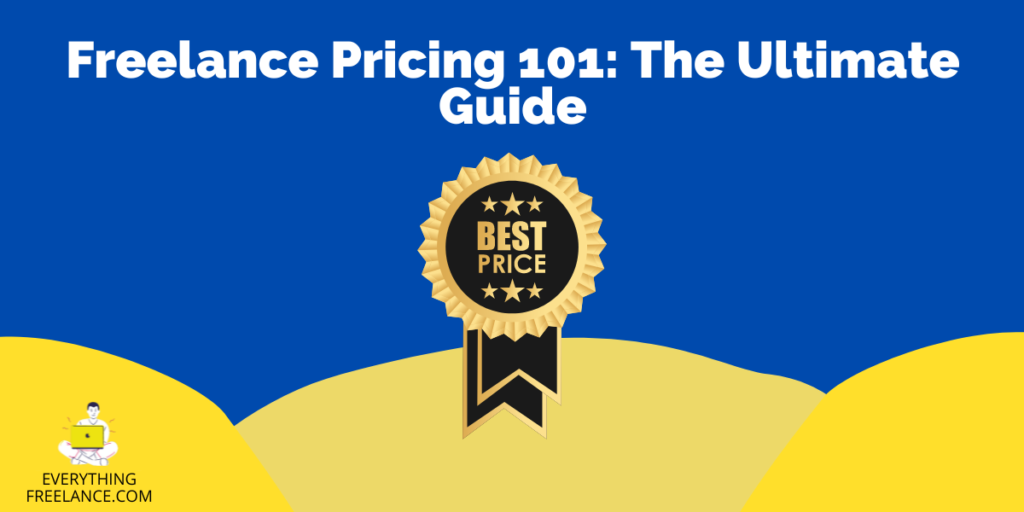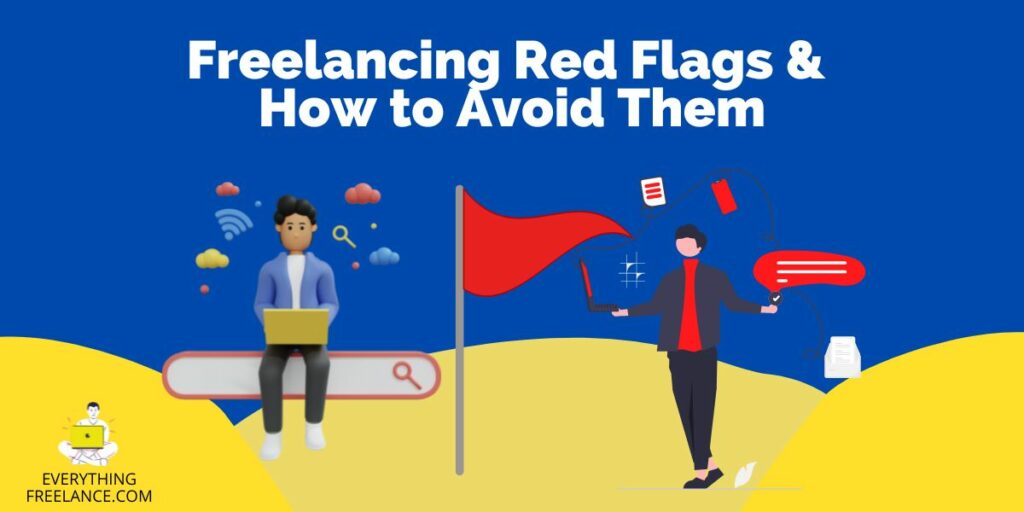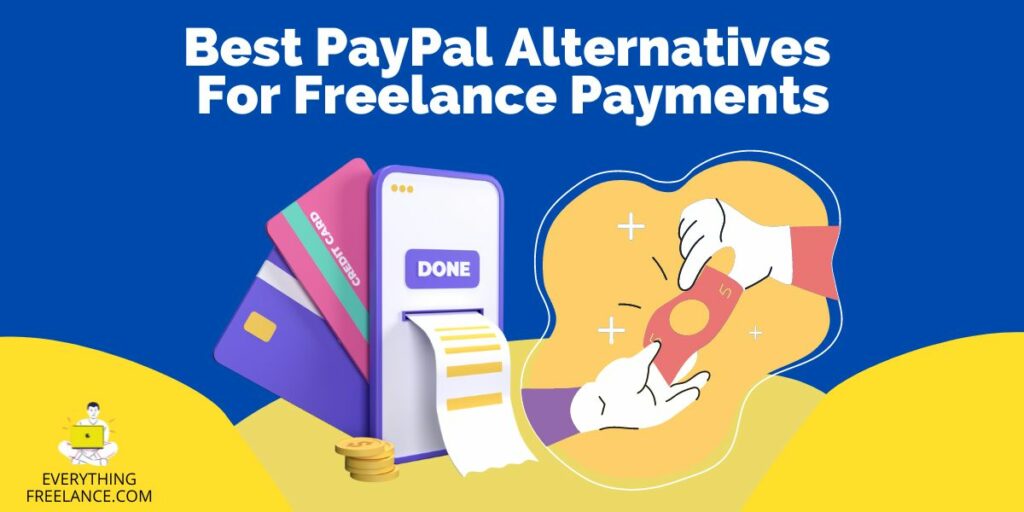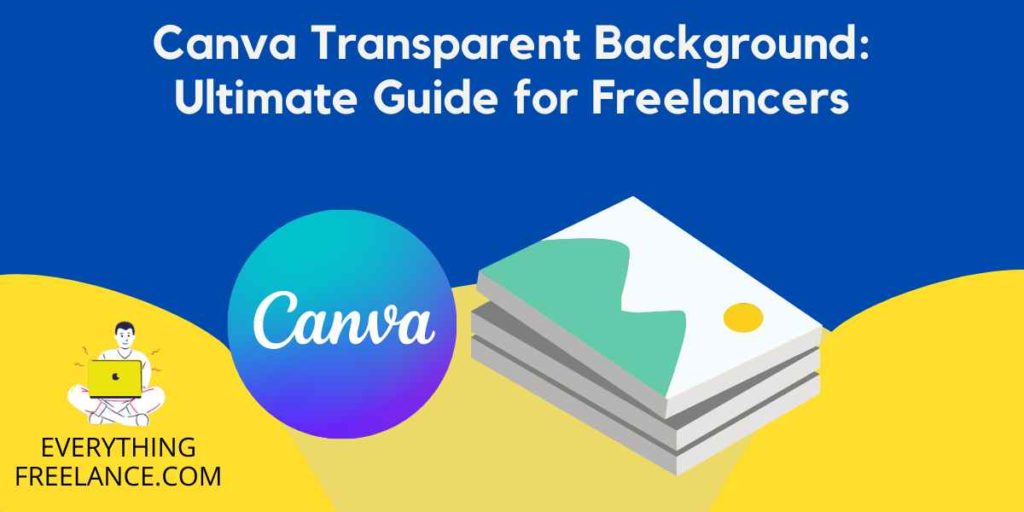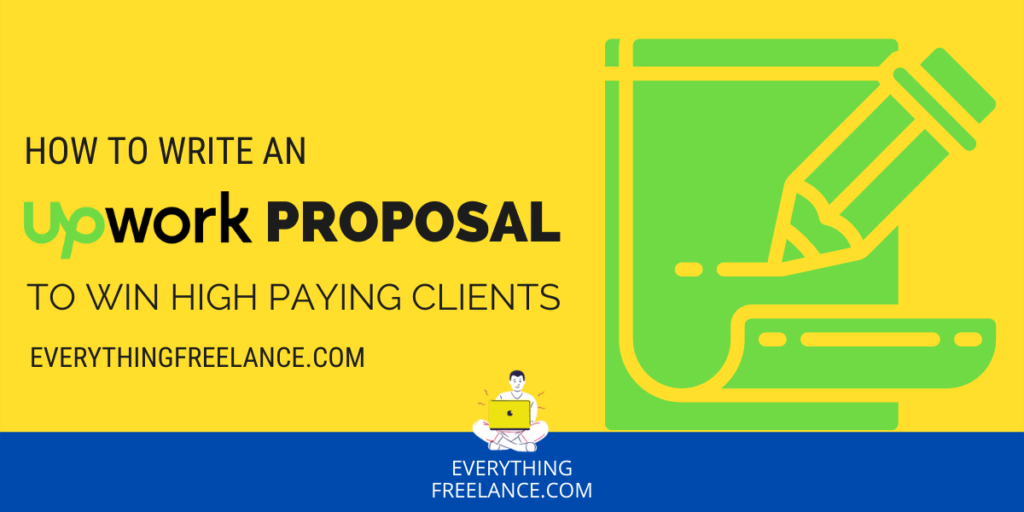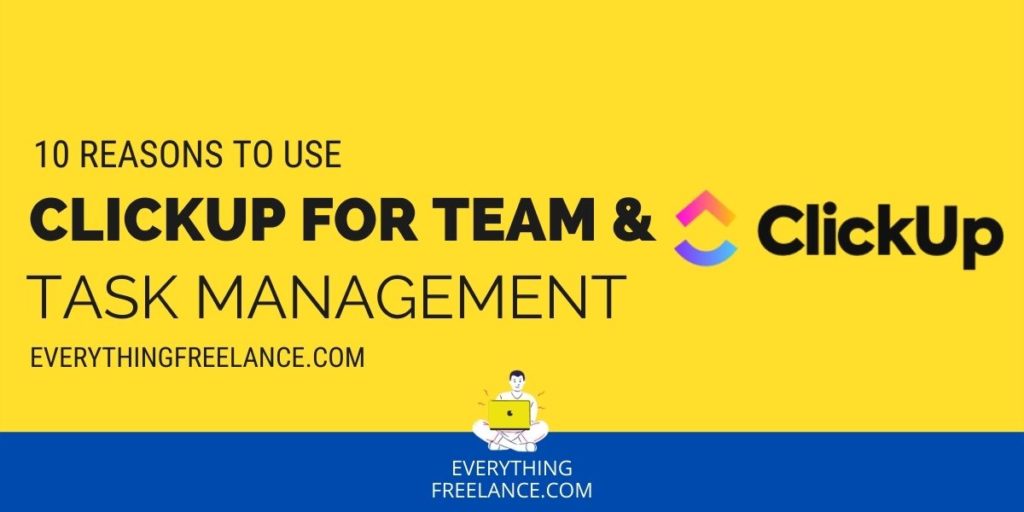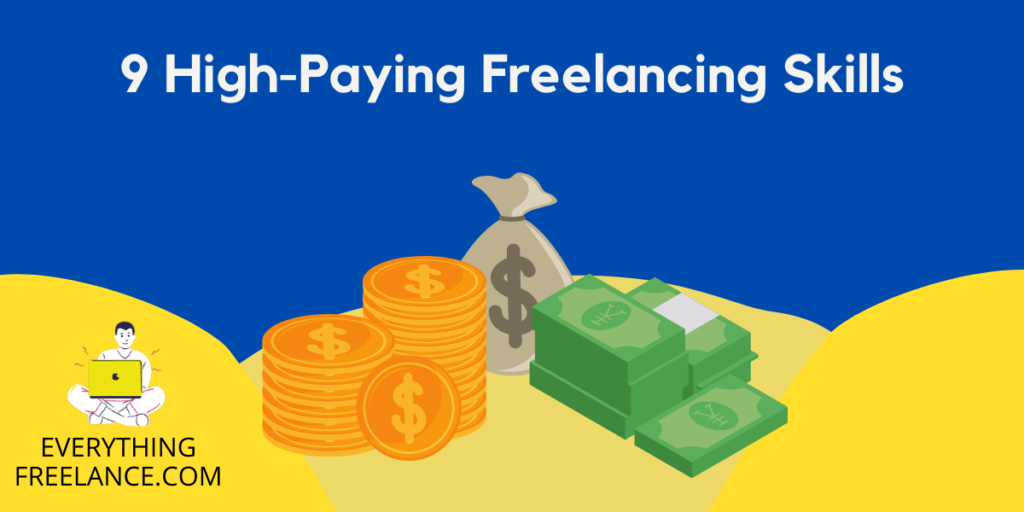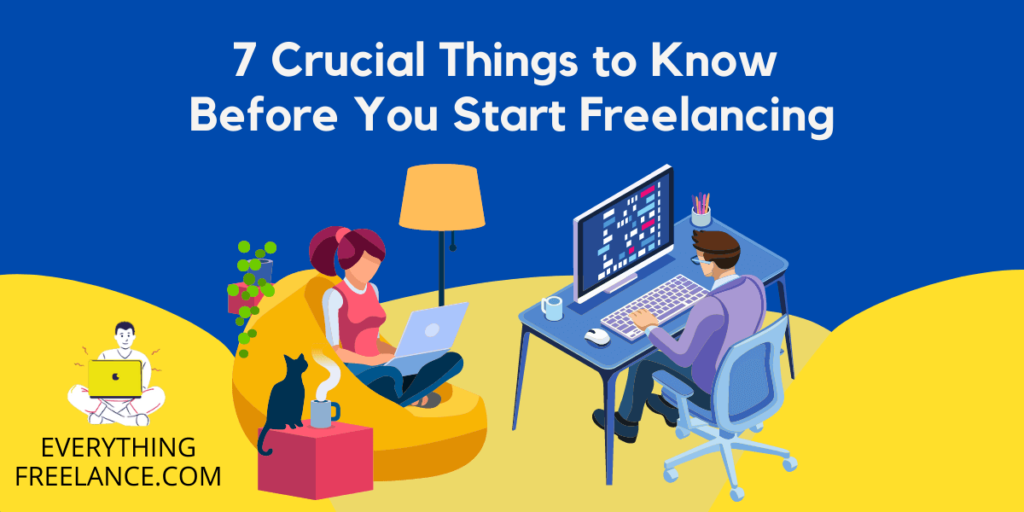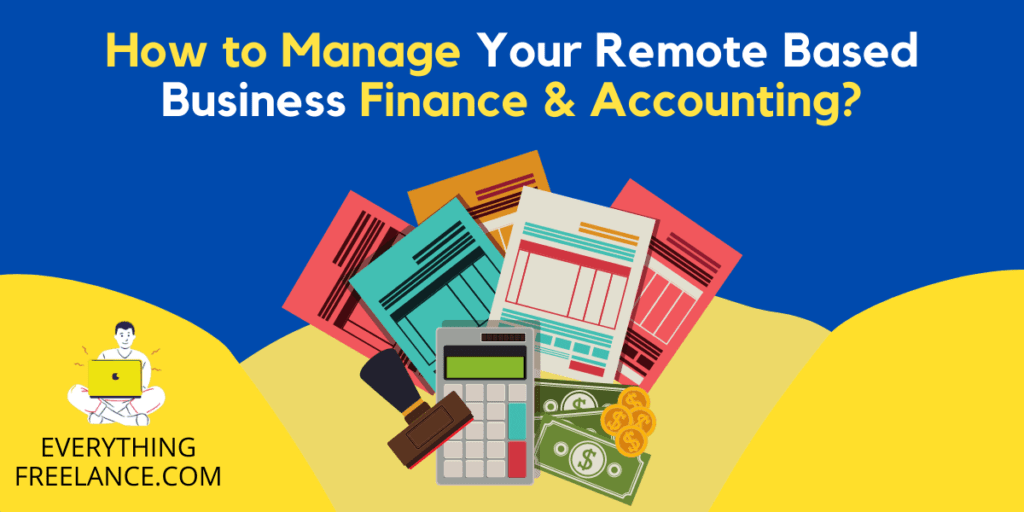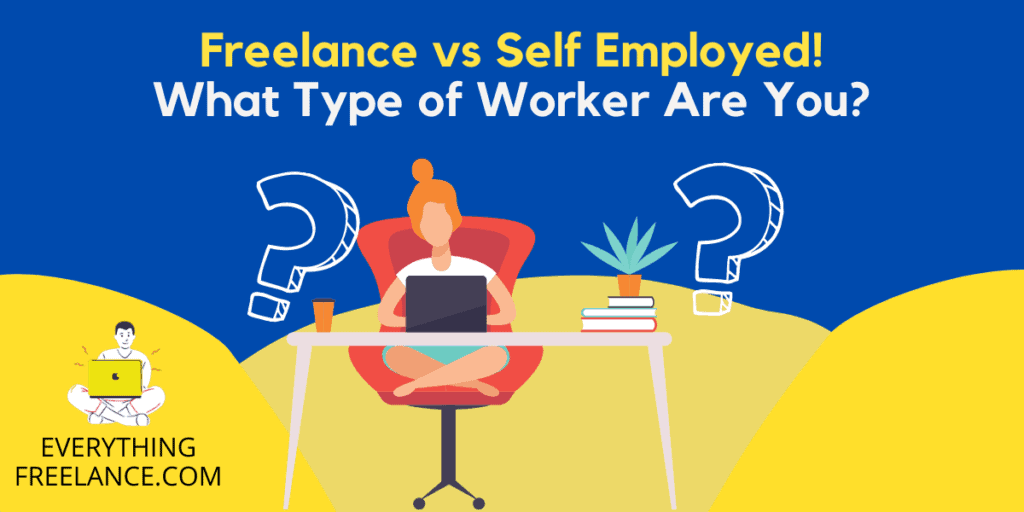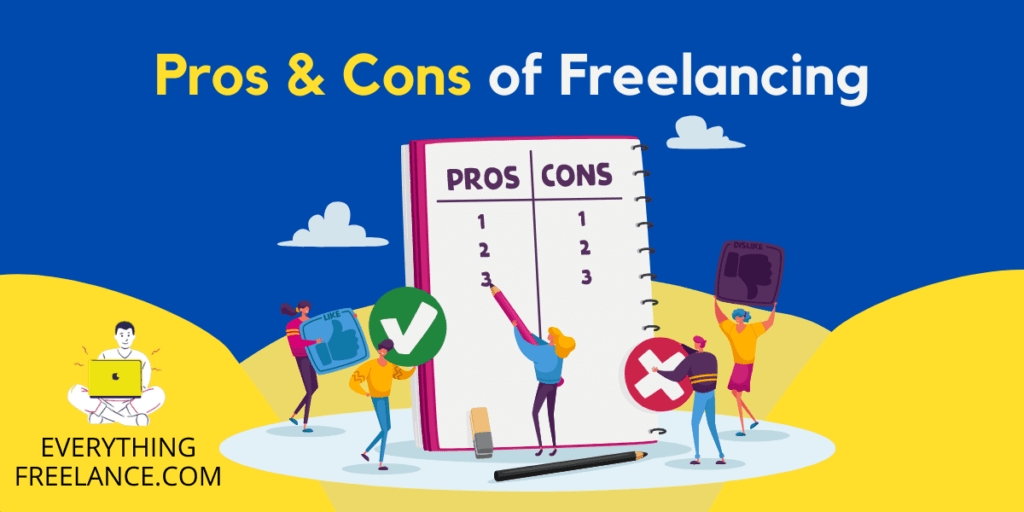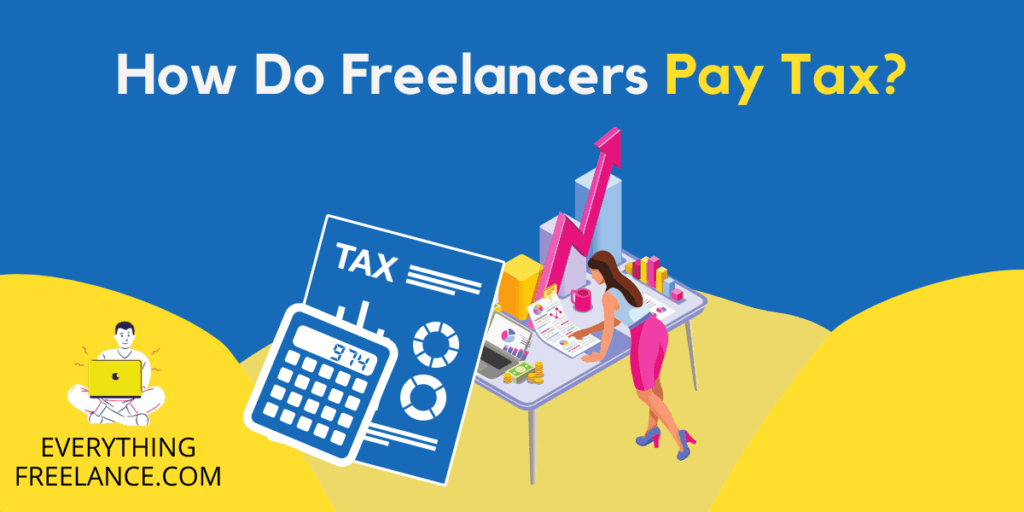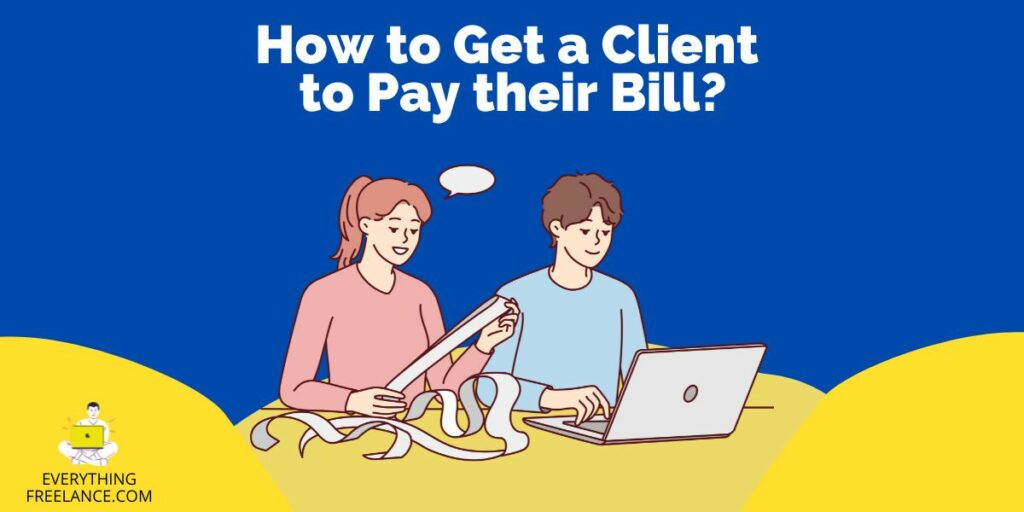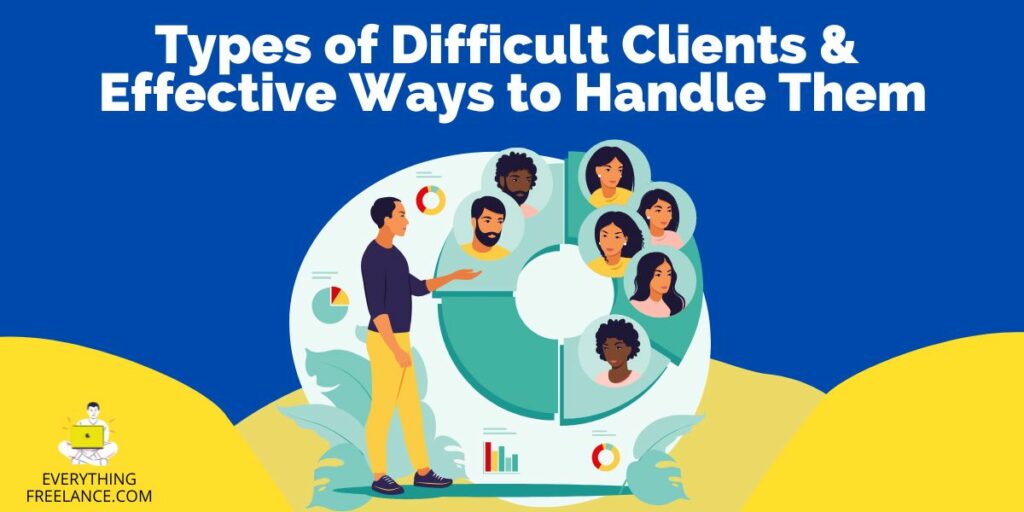In the fast-paced world of freelancing, it’s important to safeguard your business against unforeseen circumstances by finding the right freelancing insurance. It’s also essential to understand your potential risks and how insurance can mitigate them. That can help you craft a comprehensive insurance strategy and keep your freelance business secure.
This article focuses on explaining business insurance for freelancers at its core. In particular, we’ll delve into the different types of coverage available, such as professional liability insurance, general liability insurance, and property insurance, to help you find the right business insurance.
What is Business Insurance?
Business insurance is a protection that helps companies in case of unexpected financial risks and losses. It’s a form of risk management that can help you recover from a financial blow and ensure your business continues to operate smoothly. It provides a safeguard against unforeseen circumstances such as:
- Lawsuits
- Theft of property
- Copyright infringement
- Fraud
- Liability claims
- Data breaches, etc.
Why do Freelancers Need Business Insurance?
As a freelancer, you might think you’re safe from the risks that traditional businesses face. But the truth is, freelancers are just as susceptible, if not more so, to potential risks. Clients can sue for breach of contract or negligence, your equipment can get stolen or damaged, or you could face a loss of income due to an illness or injury. Business insurance can protect you from these risks and ensure you do not face financial ruin due to an unexpected event.
Top Types of Business Insurance for Freelancers
The types of business insurance that freelancers need can vary based on their line of work. However, the most popular policies policies are:
- Professional Liability Insurance – Also known as errors and omissions (E&O) insurance, this protects you from claims of negligence or failure to deliver services as promised.
- Business Property Insurance -This protects your business equipment from damage or loss.
- Cyber Liability Insurance – Cyber insurance safeguards against financial losses from cyberattacks, such as data breaches or ransomware attacks.
- Health Insurance – Freelancers who do not have health insurance through an employer can purchase individual health insurance plans.
What Types of Business Insurance Are Available to Freelancers?
While the types of freelancing insurance policies listed above are the most popular amongst freelancers, they can choose from a long list of other options:
- General Liability Insurance
- Business Interruption Insurance
- Commercial Property Insurance
- Equipment Insurance
- Retirement Planning
How to Compare Business Insurance Quotes
When comparing business insurance quotes, consider the following factors:
- Coverage – Ensure the policy covers the potential risks your business might face.
- Cost – Compare the premiums and deductibles.
- Insurance Company – Assess the company’s reputation, how it handles claims, and its customer service.
What to Look for in a Business Insurance Policy
A solid insurance policy should offer comprehensive coverage at a reasonable price. It should cover potential risks specific to your line of work. Also, look for flexibility in terms of increasing or decreasing your coverage as your business needs change.
How to Get Started with a Business Insurance Broker
A broker can identify your needs, compare multiple quotes, and guide you through the claims process, making the whole experience easier and uncomplicated. To start the process, reach out to a reputable broker and discuss your business requirements.
What to Do if You Need to File a Business Insurance Claim
Filing a business insurance claim can be daunting, but remember that your insurer is there to support you. If an incident occurs that requires you to file a claim, get in touch with your insurance provider as soon as possible, and make sure to cooperate fully.
How the Claims Process Works
Once you file a claim, the freelance insurance will investigate the incident in question. Your insurer will assess the damage and decide the amount of compensation according to your policy coverage. If everything goes well and your claim is accepted, you will receive the previously agreed amount.
Tips for Filing a Successful Claim
To ensure a successful claim, keep accurate records of all business activities and financial transactions. If an incident occurs, file your claim immediately, document everything, and collect necessary evidence. Always be honest and transparent. Your insurer may need time to investigate and process your claim, so be patient
Freelancing Insurance: In Conclusion
Unlike traditional employment, freelancing brings with it a level of freedom. However, the potential challenges and risks are also worth considering. One way to mitigate these risks and ensure you can continue to operate your business successfully is to invest in business insurance for when unexpected events occur.
Ultimately, business insurance is an important tool that can provide you with invaluable peace of mind and security, allowing you to focus on delivering the best possible service to your clients. Take your time to do research and compare different insurance policies to end up with one that best suits your needs.


